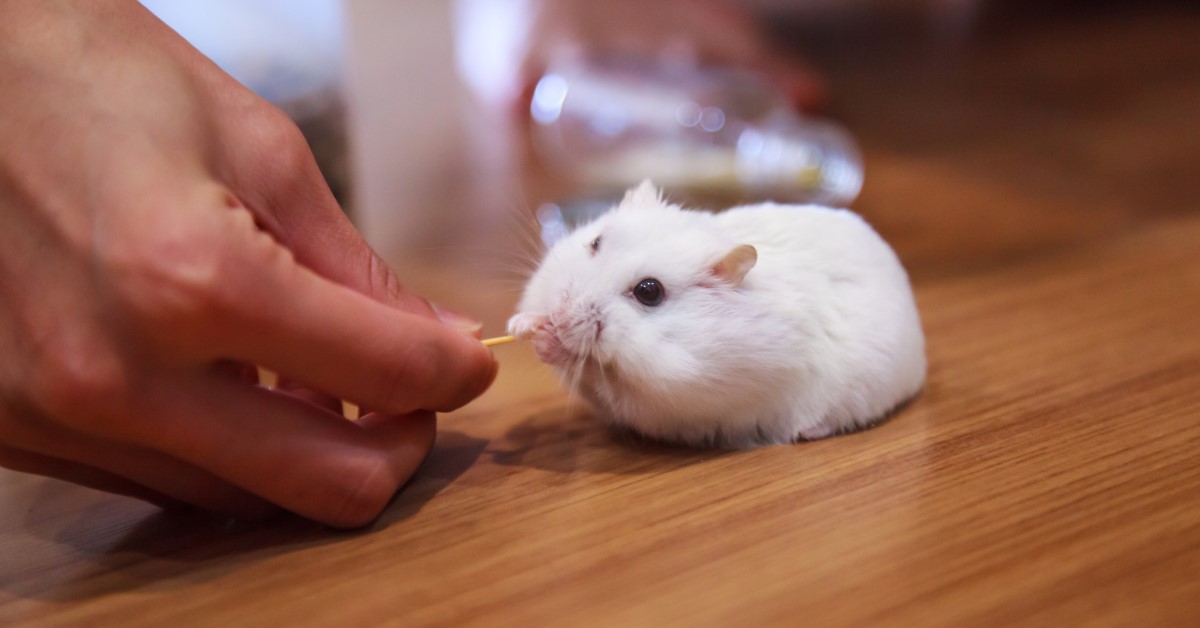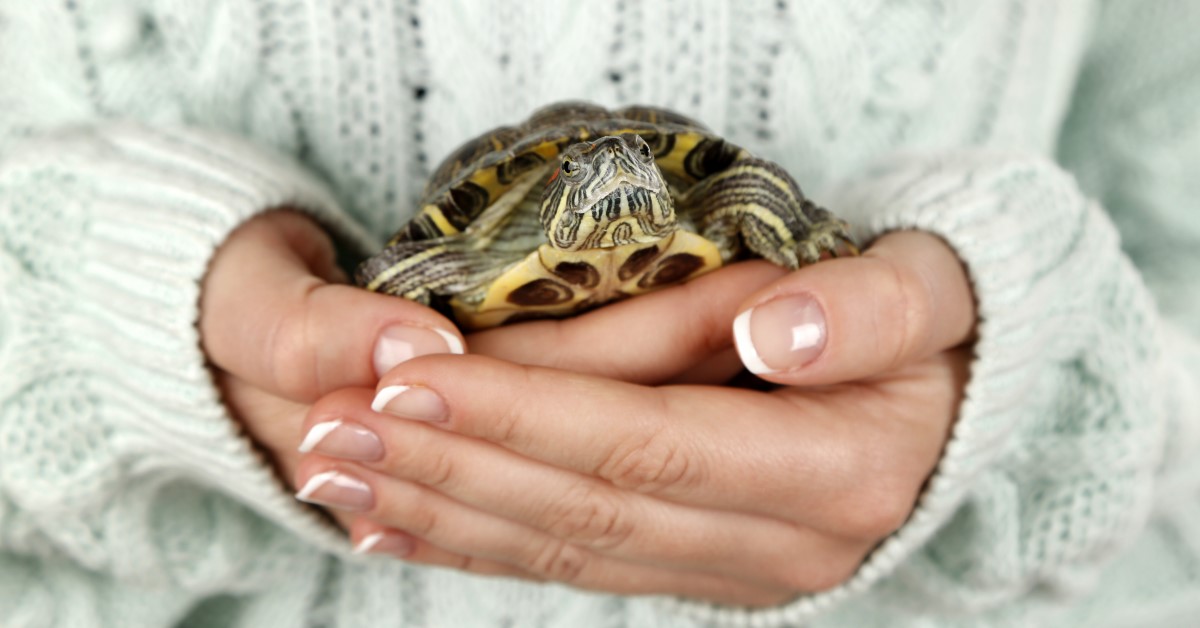Recognizing Your Ferret's Illness
There are many diseases that can strike quickly, so you need to monitor your pet closely.

Ferrets are fun and lively pets, but there are many ferret diseases that can strike quickly so you need to be sure to monitor your pets health carefully.
Ferrets can get sick just like any other pet and can even catch a cold or flu from you. Just like other pets, it might be difficult to tell when your ferret is sick. Since ferrets are often bundles of energy, you might notice that your ferret is a bit less energetic or simply just laying around, much like you do when you don’t feel well. This could indicate a simple cold or may mean something more serious.
A SIMPLE COLD
A ferret that has caught a cold might have a runny nose, coughing and might even start sneezing. He may have other symptoms such as a fever, diarrhea, and he may not want to eat at all, or very little. To determine if your ferret has a common cold or one of the more serious ferret diseases, you should take him to your vet at the first sign of illness.
If it is determined that your ferret has a simple common cold, you can help him get over his illness by giving him lots of fluids. You will want to prevent him from becoming dehydrated and may want to try giving him some rehydrating drinks made for children.
If your ferret has symptoms that last longer then a few days or stops eating or drinking, this can indicate a more serious illness or disease and you should get him to the vet right away. Ferrets have a very high metabolism and if the animal dehydrates, he can slip away rather quickly if he does not get the help that he needs.
HEAT STROKE
Ferrets do not have well-developed sweat glands and are prone to heat exhaustion. Clinical signs include panting and flaccid inactivity. Hot and humid conditions should be minimized by adequate air circulation and/or cooling. Optimum temperatures are 40-65 degrees with a humidity range of 40-65%.
DENTAL DISEASE
Ferrets are prone to periodontal disease caused by accumulation of dental calculus. Regular preventive dental care is recommended as for the dog or cat. Teeth damaged by various causes, such as chewing on cages or bones, may require root canal repair or extraction.
NUTRITIONAL DISEASES
It is reasonable to assume that ferrets are subject to some if not most of the vitamin deficiencies seen in ferrets:
- Chastek’s Paralysis - a fatal paralysis was due to a deficiency of thiamine caused by the presence of raw fish in the diet.
- Achromotrichia - vitamin H (part of the vitamin B complex) deficiency causing an absense of pigment in the hair.
- Anemia - vitamin E deficiency causing lethargy.
- Rickets - vitamin D deficiency coupled with a calcium-phosphorus imbalance.
- Zinc Intoxication - exposure to excessive levels of zinc via galvanized feeding dishes or by licking cage bars is toxic to ferrets. Amounts greater than 3000 ppm are lethal to ferrets within two weeks.
GASTROINTESTINAL FOREIGN BODY
Obstruction of the GI tract by a foreign body is the most common cause of gastrointestinal disease in young and occasionally older ferrets. Clinical signs generally include hyporexia to anorexia and weight loss without vomiting. The foreign body can often be identified through abdominal palpation and/or radiography. If located in the stomach, the object can sometimes be retrieved by endoscopy, however, most foreign objects must be removed surgically.
ADRENAL DISEASE
One of the common ferret diseases which is a cancer of the adrenal glands. Symptoms of this disease include hair loss and possibly the animal becoming more aggressive than usual. This condition can be fatal if it is not taken care of right away.
INSULINOMA
Insulinoma is another common ferret disease. This cancer affects the pancreas and causes the production of insulin to increase causing the ferret’s blood sugar to drop to a dangerously low level. Symptoms of this condition include lethargy, seizures, and foaming at the mouth.
VIRAL DISEASES
There are also a number of viral diseases that can also cause illness in your ferret. He could have any number of conditions including loss of appetite, diarrhea, and weight loss. If you notice any of these symptoms, it is necessary for you to contact your vet as many of the conditions can be a signal of something that is threatening to the life of your pet.
In order to keep your pet healthy and happy, you should be sure he sees the vet yearly and watch his behavior closely for signs of change. With proper care, your ferret can live a healthy life of 8 years or more.
Keeping your ferret healthy requires a bit of work on your part. Ferrets have a very weak immune system, and can catch a cold from their human family. A cold that might just keep you out of work for a couple of days could prove fatal to a ferret, so always keep away from your ferrets when sick.
Ferrets have a very low tolerance to heat and cold. It is suggested that they remain in a 'room temperature' area. Ferrets can get severely dehydrated easily, especially in the heat, always make sure they have plenty of water available. Ferrets find temperatures above 85 degrees unbearably hot, and tend to become fairly lethargic.
If your ferret is acting strange, losing weight, has strange color or texture to their feces or any other oddity, take your ferret to the vet as soon as possible.
Ready to start saving money on pet wellness care?
Then take a look at Mint Wellness, the pet wellness plan that provides fast reimbursement on routine pet care. Save on vaccinations, wellness exams, preventatives, dental, and more!
Learn More


